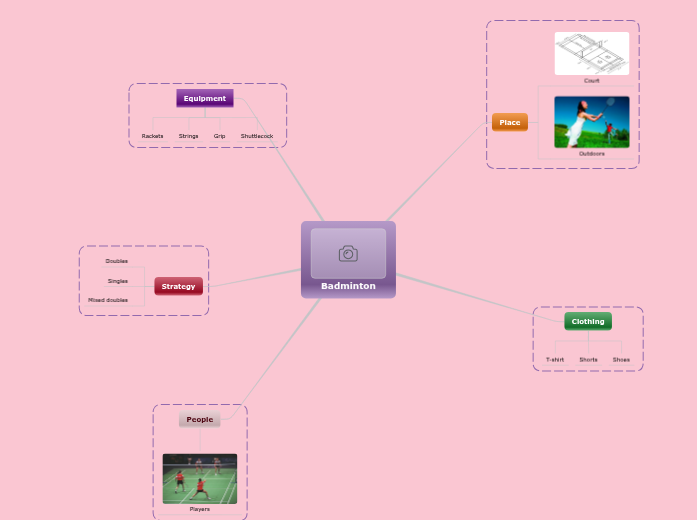Religion Clauses is connected to the lemon test because in order to ensure the correct ruling on the first amendments religion clause, a law has to go through a test. By protecting the religious clause through the test it is more unlikely to enhance a religion over the other.
The establishment clause connects with religion clauses because it is the ruling the court goes to when congress or state government try to go against the religion clause by "establishing a religion."
Lemon test connects to Everson V. Board of Education because the test was used here. The law has secular significance, does not prioritize one religion over the other, and does not combine church and state therefore allowing the state to reimburse all students taking public transportation.
Everson vs Board of Education connects with McCollum v Board of Education in both cases, the state government funded religious purposes. However the court ruled McCollum unconstitutional and Everson constitutional. the reason was McCollum took place in the secular public school where no religion can be enhanced in a governmental institution.
Tax Money For Religious Education connects Everson v Board of Education in this case the state gave tax money to support students to take public transportation to religious practices. There is no secular purpose to this so it would be a violation of the establishment clause and lemon test.
McCollum v Board of Education connects with prayers in public schools, in the McCollum case, students would learn about religion in public schools this would enhance a religion. So too with prayer in public schools, the prayer that was established in the public school would enhance that one religion.
Tax Money for Religious Education connects with McCollum v Board of Education because in this case the state was giving public schools money to establish a religious institution. This is a direct violation of the establishment clause disallowing the government to enhance a religion over the rest.
Prayers in Public Schools connects with Engel Vs Vitale because in this case the court ruled unconstitutional the reason being it enhances one religion over the rest. If the Supreme court allowed one religion to practice in a public institution then this would be violating other religions.
Engel Vs Vitale connects with Wallace v Jaffree because both cases are regarding having a prayer in a public school before the day started. Both cases were ruled unconstitutional and overturned. whether 1 minute of prayer or silence it is stillnow allowed if it enhances one religion over the rest.
Wallace v Jaffree connect with Lee v Weisman because just like not being allowed to have prayer in a public school, so too you are not allowed to invite a religious speaker. In the case of Lee v Weisman, a rabbi to speak at an important assembly.
Lee v Weisman connects with Santa Fe Indep. School Dist. v Doe, just like having a rabbi speak at a graduation, so too a priest is not allowed to speak before a football game. These both prohibit separation of church and state
Santa Fe Indep. School Dist. v Doe connection above
Establishment Clause connects with the wall of separation because both try to avoid combining church and state. further more both try and make religion as free as possible. As Jefferson explains, no legislature should be allowed to establish a religion or be kept from expressing a religion.
The wall of Separation and Religious symbols in public spaces connect because having a religious symbol on governmental property or institutions is a violation of the first amendment. This is a direct abuse of the first amendment.
Religious Symbols in Public Spaces connects with Lynch v Donnelly because the issue of religious symbols came up. the court ruled having a creche in a public area was not against the establishment clause because it was for the holiday season and to teach the secular.
Lynch v Donnelly connects with County of Allegheny v ACLU because there was a creche in the court house which violated the establishment clause the court ruled. there were other symbols as well such as a christmas tree and a menorah, however they teach the secular about the holiday. having a religious symbol in the room where the law is defended is an endorsement of religion.
County of Allegheny v ACLU connection above









